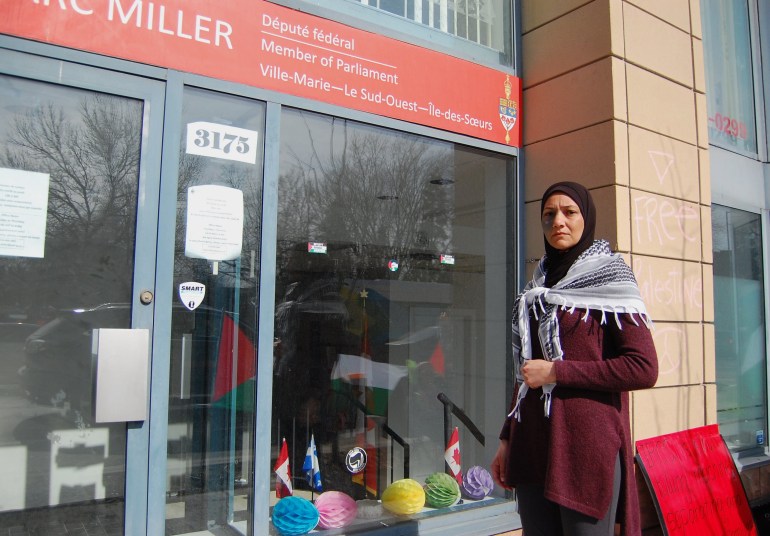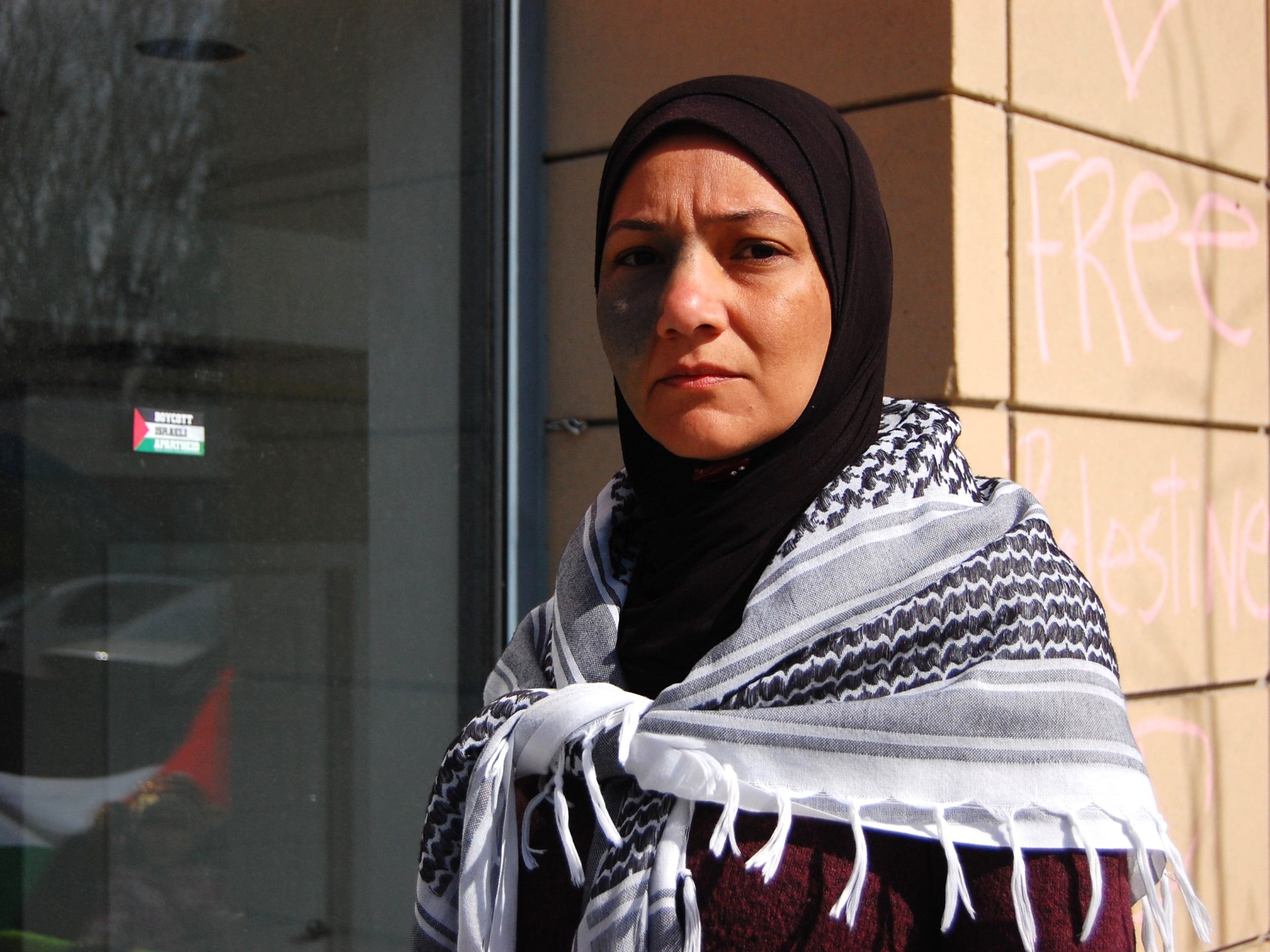‘Mission impossible’: Families slam Canada’s Gaza visa scheme as a failure
Montreal, Canada – “Unlivable.” That’s how Canada’s immigration minister, Marc Miller, described the situation in the Gaza Strip in late December.
The Palestinian territory was under fierce Israeli bombardment at the time. At least 20,000 people had been killed, and hunger was spreading at an alarming rate as Israel blocked deliveries of food, water and other necessities.
As conditions continued to deteriorate, Miller announced that the Canadian government was launching a special visa programme to allow citizens and permanent residents to bring extended family members from Gaza to Canada.
“To be clear, today is about providing a humanitarian pathway to safety and recognising the importance of keeping families together given the ongoing devastation,” he told reporters on December 21.
But more than three months later, not a single Palestinian applicant has left the Gaza Strip as a result of the visa programme.
That has fuelled a sense of anger and frustration for families who say Canada has abandoned them and their loved ones — and are demanding action from Prime Minister Justin Trudeau’s government.

“What are they waiting for?” asked Samar Alkhdour, a Palestinian mother who has lived in Canada since 2019 and received permanent residency in February.
Alkhdour began a daily sit-in outside Miller’s office in Montreal, the second-largest city in Canada, late last month to put pressure on the government to get her relatives out of Gaza.
She is trying to bring her sister, her sister’s husband and their two children — who are currently living with relatives in Deir el-Balah, in central Gaza — to Montreal to join her and her family.
But the family’s applications remain in the early stages of the process, Alkhdour told Al Jazeera.
“I’m still fighting, I’m working on it,” she said in late March at the sit-in, a black-and-white keffiyeh draped over her shoulders. “But deep down inside, in my heart, I’m starting to lose hope.
“And maybe that’s one reason I’m here — because no one’s doing nothing.”




